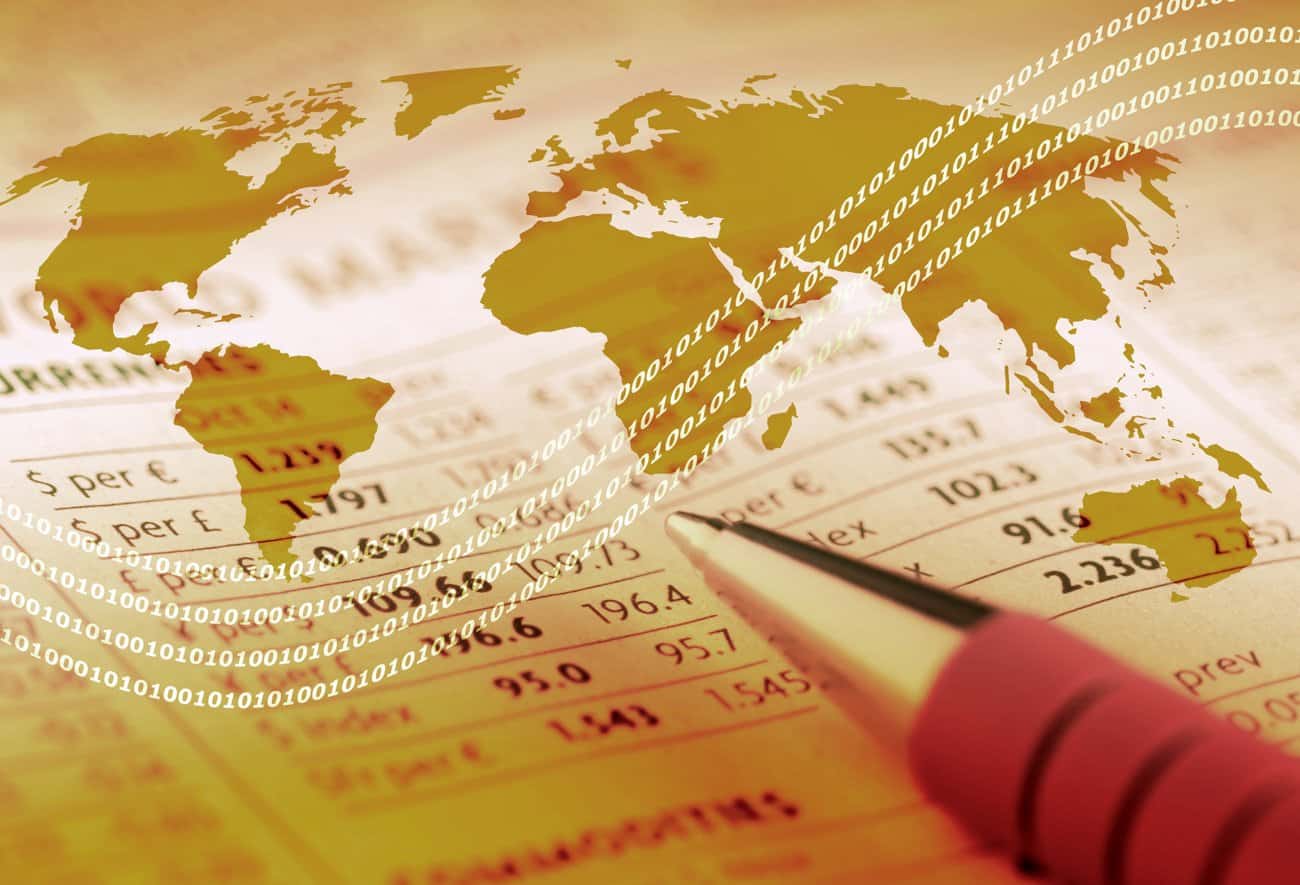When people move abroad, it’s usually because they’re looking for a whole new life – different climate, fresh culture, exotic foods. But this sense of adventure rarely applies when people want to establish themselves financially in a new country.
This is understandable; foreign banking can seem intimidating when you first arrive. It can also seem like a total hassle, especially when it might be completely possible to use your accounts and credit cards from back home.
So although you might not need an account per se, it will make your life a whole lot easier in the long run (but if you have a business, plan on it being mandatory). For instance, it will be more difficult to work with your existing bank on anything from loans to account changes. They often just aren’t equipped to deal with the international issues that may arise. Plus, since many places abroad still rely heavily on checks, you’ll probably need to have checks that are in the local language and currency in order for them to be accepted.
Once you’ve come to terms with opening a foreign account, shop around for the bank that locals are most happy with. Ask them what you’ll need to set up an account and bring those items when you go, but don’t be surprised if you have to make an appointment (especially if you need a translator). Some paperwork that might be necessary: your passport, a utility bill with current your address, marriage certificate (if applicable), birth certificate, or old bank statements.
Prepare for the banking process to be very different from what you’ve experienced. During the appointment to open the account, there might be awkward delays, they might ask you some strange questions, and there will probably be a mountain of paperwork. They may also do things like require a certain amount of money to be maintained in the account, or additional charges for a joint account. Don’t be shocked; just try to go with the flow.
Once everything has been signed, initialed and stamped accordingly, you’ll be the proud owner of a new bank account in your destination country. Now all you have to do is wait for your ATM cards and checks, which will usually take anywhere between 2-8 weeks to arrive.
Depending on the country, this process can be much simpler or require a lot more hoops to jump through. Regardless, you should consider having an account in a foreign country as a privilege and not a right, and no matter how aggravating the process might be, treat any personnel with respect when opening a bank account overseas.
Like Our Articles?
Then make sure to check out our Bookstore... we have titles packed full of premium offshore intel. Instant Download - Print off for your private library before the government demands we take these down!






